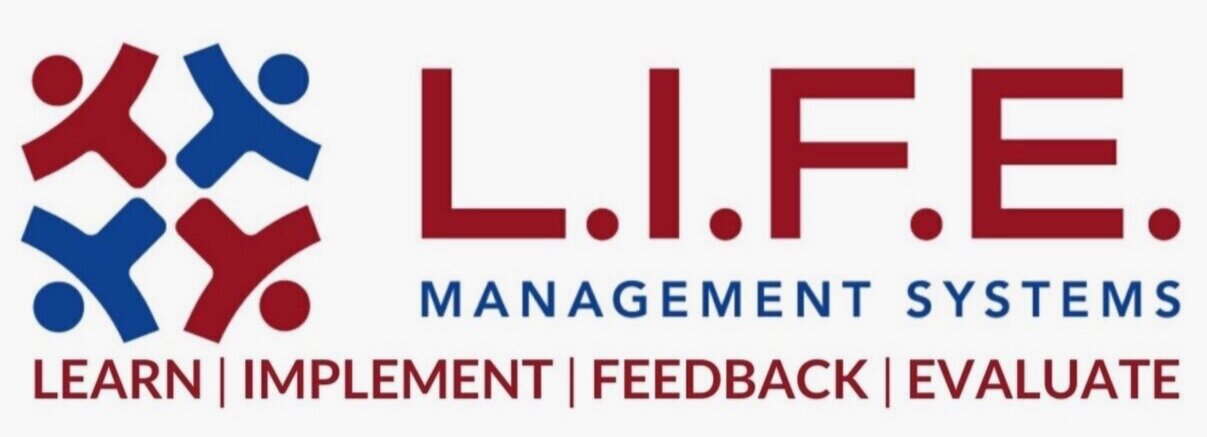The amazing benefits of servant leadership in organizations
photo : unsplash.com
You've likely heard about various leadership styles in the workplace. There's a type of leadership that is not widely known or understood in business, called servant leadership.
In this article, I'll discuss what servant leadership is, why you should know about it, and how this philosophy can help you and your organization. If you're looking for insight on ideas to enhance your leadership skills to create a great place to work, read on!
What is servant leadership?
In brief, servant leadership is an ancient yet recent approach to leadership in organizations. First, let's get to the definition of servant leadership:
“Servant leadership is a philosophy and set of practices that enrich the lives of individuals, builds better organizations, and ultimately creates a more just and caring world." - Greenleaf.org
Servant leadership is a timeless philosophy with roots in both Eastern and Western cultures and history.
Leadership experts cite the 5th century BC Chinese philosopher Laozi who believed truly effective leaders would lead others to complete significant projects successfully. Upon project completion, the workers would say, "We did it ourselves."
In the West, many point to Jesus as the ultimate servant leader with His example of washing His disciples' feet, which showed humility and demonstrated care for the team.
Others point to St. Francis of Assisi, the Roman Catholic patron saint of animals and ecology, who is revered for giving away his wealth and serving the poor. He said, "For it is in giving that we receive."
The servant leadership philosophy branches beyond religious and spiritual beliefs of ancient thought. It appears in modern times with Robert K. Greenleaf in the 1970s.
Greenleaf, a former AT&T executive, studied and wrote about leadership for many years. After Greenleaf's retirement, he formed the Robert K. Greenleaf Center for Servant Leadership and in 1971 wrote an essay, "The Servant as Leader." This effort gave way to the servant leadership movement and has evolved into an approach with substantial research, literature, training, and thought leaders.
Why you should know about servant leadership
The servant leader supports the success and progress of others at all levels and maintains their responsibility for the organization's values, vision, mission, and strategic direction.
At first glance, the concept of servant leadership sounds like an oxymoron since we don't think of servants leading their teams. In Ken Blanchard’s book, “Servant Leadership in Action,” he explains the fundamental idea that those who lead must first serve, referred to as inverting the traditional corporate pyramid. (1)
In essence, leaders who serve at the top of an organization then empower and develop others at every level of the organization, all the way to frontline employees. According to Ken Blanchard, “Servant leaders lead by serving their people, not by exalting themselves."
Benefits of servant leadership
The research on servant leadership indicates that it generally benefits all parties: leaders, employees and stakeholders, customers, and the general public. Servant leaders share power and place others' needs first, helping individuals develop and optimize their performance.
These leaders are not focused just on their advancement and success but on helping others achieve their goals and rewards by getting the job done right. Of course, the paradox is that in doing this, servant leaders have a great sense of accomplishment and get rewarded too.
The positive effects of servant leadership cascade through the organization and are demonstrated by the fact that if you Google "the top companies to work for," you'll often find that search results will yield companies with positive and strong leadership skills. Often, you'll find the following keywords used to describe these organizations:
Keywords that are potential indicators of a servant-led organization
Work from home / WFH
Mentoring
Great for parents
Recognition of employees' contributions
Flexible work schedules
Paid training and development
Work-life balance and competitive compensation
You may have noticed the popularity of "the best places to work" articles, which can be attributed to the interest and need for thoughtful and robust leadership. Media sources such as Forbes, Success, Inc., highlight annual reviews of organizations that appeal to potential employees seeking servant leaders.
It's also no secret that many companies listed in Fortune Magazine's Top 100 Best Places to Work surveys utilize a servant-leadership philosophy.
For example, Glassdoor.com lists a yearly best places to work. In 2021, they reference Bain as a top organization to work for because "they have put forth a very thoughtful COVID response plan, and upped their game on Diversity, Equity, and Inclusion in the wake of recent events in the US."
Using a servant leadership approach makes excellent sense for the entire organization by impacting its employees, products, services, and sales, including:
-Bolstering the organization’s reputation and image and increasing employee retention and recruitment success
-Employees experience increased support and professional development opportunities
-Emphasis on mentoring and coaching
-Builds trust and feeling of safety
-Enhancing active listening and communication
The servant leader wants to see their employees adopt these practices and keep the movement growing.
photo: unsplash.com
Servant leadership in action
At this point, you may be asking, "Ok, but can you give me some examples of servant leaders?" Let me begin by mentioning several well-known historic examples who've put others' needs before their own.
Examples of societal servant leaders include Mother Teresa, Nelson Mandela, César Chávez, and Mahatma Gandhi. Mother Teresa declined the usual celebratory banquet when receiving the Nobel Peace Prize and instead asked that the money be given to India's poor. Amazing!
Another great example is the life and contributions of Dr. Martin Luther King, Jr. He had not set out to be the civil rights movement leader but realized the need for justice, equality, and progress in America.
In the process, he put the needs of millions of African Americans ahead of his own needs and welfare. Dr. King's dedication, humility, and servant attitude forever changed the United States of America for the better.
In the corporate world, there are many examples of servant leaders and their organizations. One of the best known is Herb Kelleher and Southwest Airlines.
Kelleher’s leadership and management philosophy resulted in a wildly successful company with high profitability compared to other air carriers over the past 40 years. His philosophy put employees first, leading to very high employee engagement and low turnover.
“Implementing servant leadership in an organization can result in a great place to work...”
Conclusion
Implementing servant leadership in an organization can create a working environment that is “a great place to work”. The payoff of a servant-led organization benefits the internal and external stakeholders. To achieve an enhanced and elevated work environment requires commitment, education, time, and energy combined with skill.
Bringing servant leadership into an organization won't happen overnight. Time put toward enhancing your leadership skills and learning about servant leadership will yield positive results and are well worth the effort. I hope you can see the potential positive impact servant leadership could have on you and your organization.
Are you interested in exploring the benefits of implementing servant leadership throughout your organization? Call me to schedule a free 15-minute phone consultation.
______________________
(1) Ken Blanchard & Renee Broadwell, Servant Leadership in Action (Oakland: Polvera Publishing, 2018), 10-11



